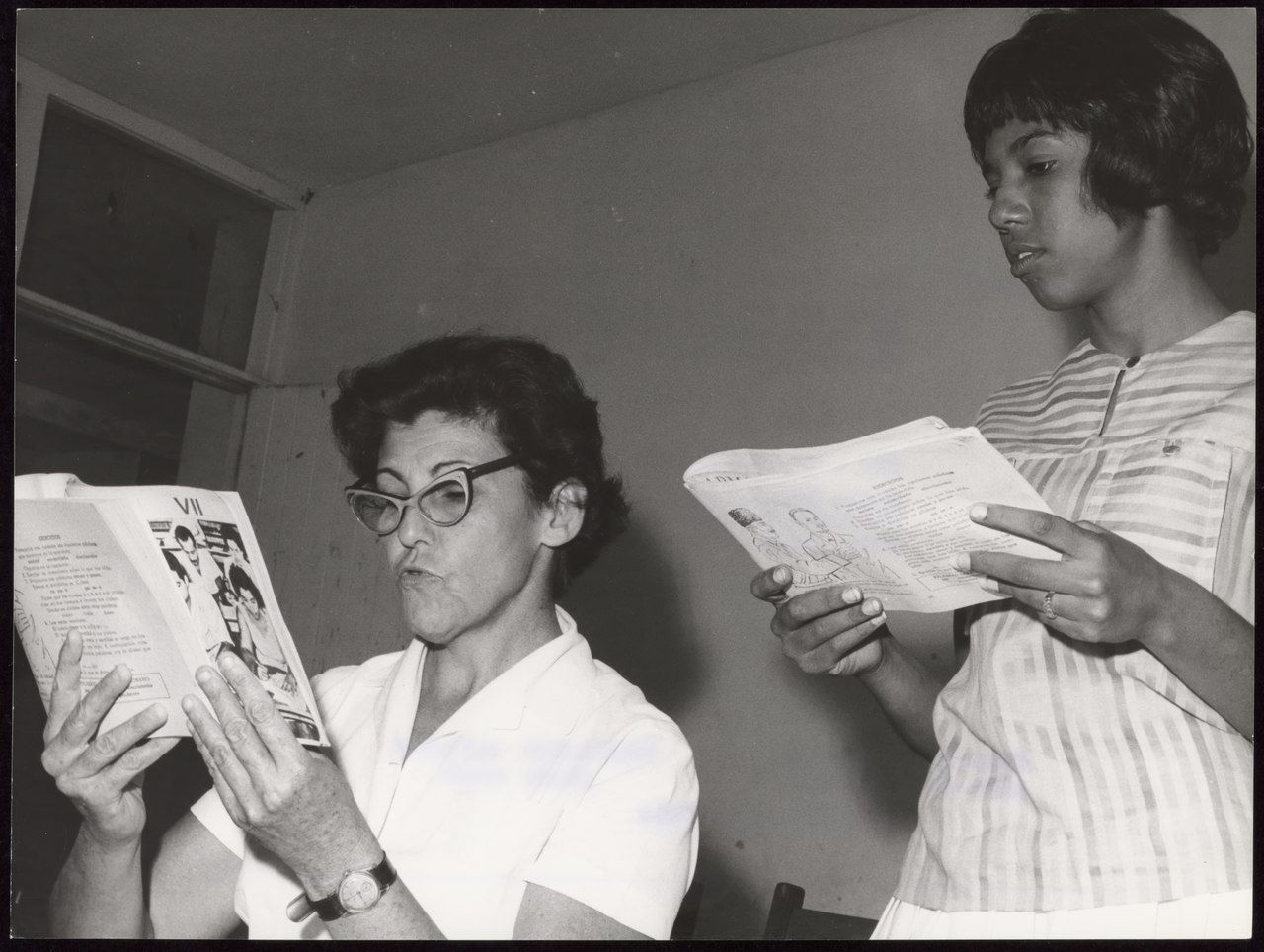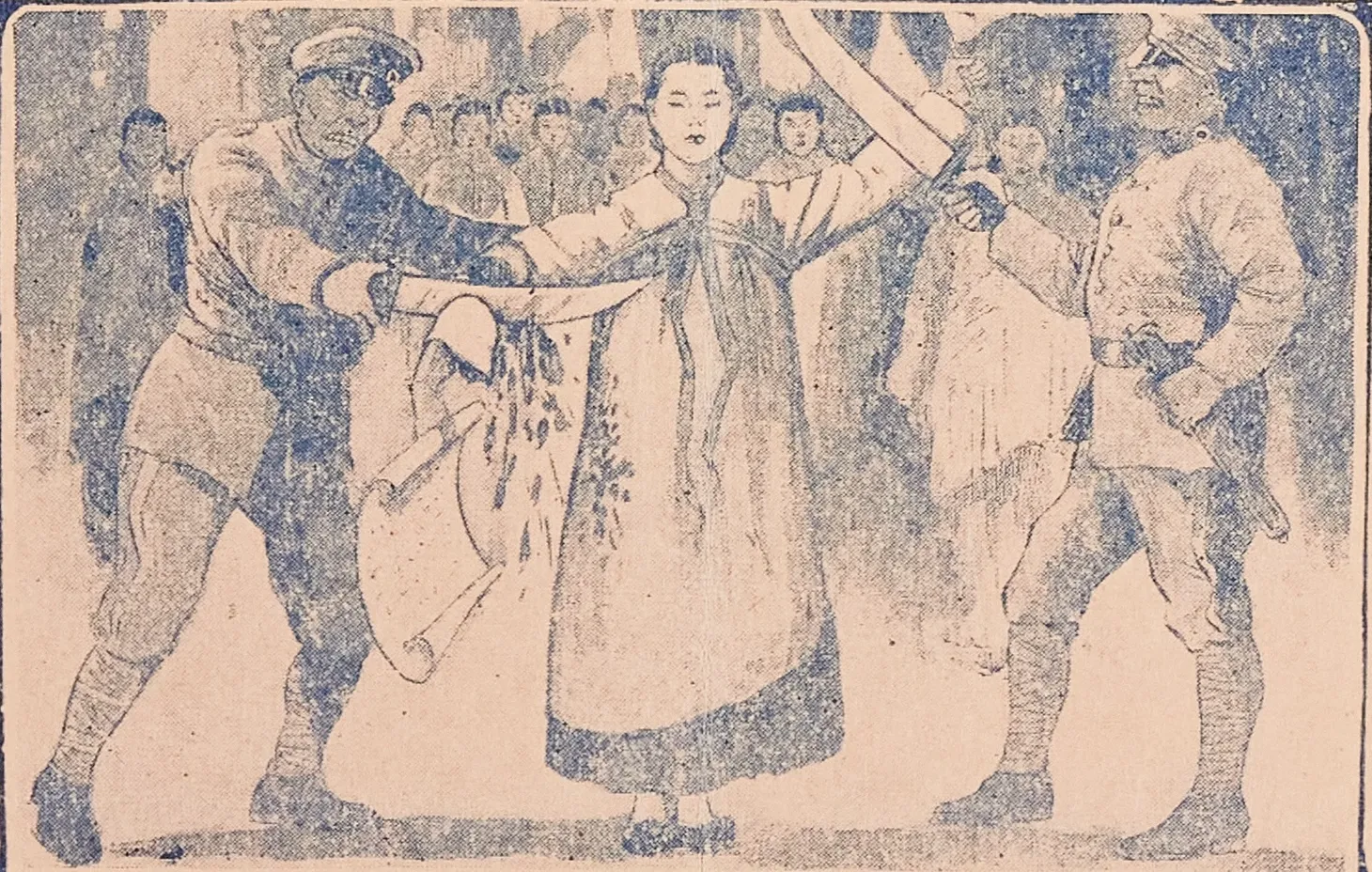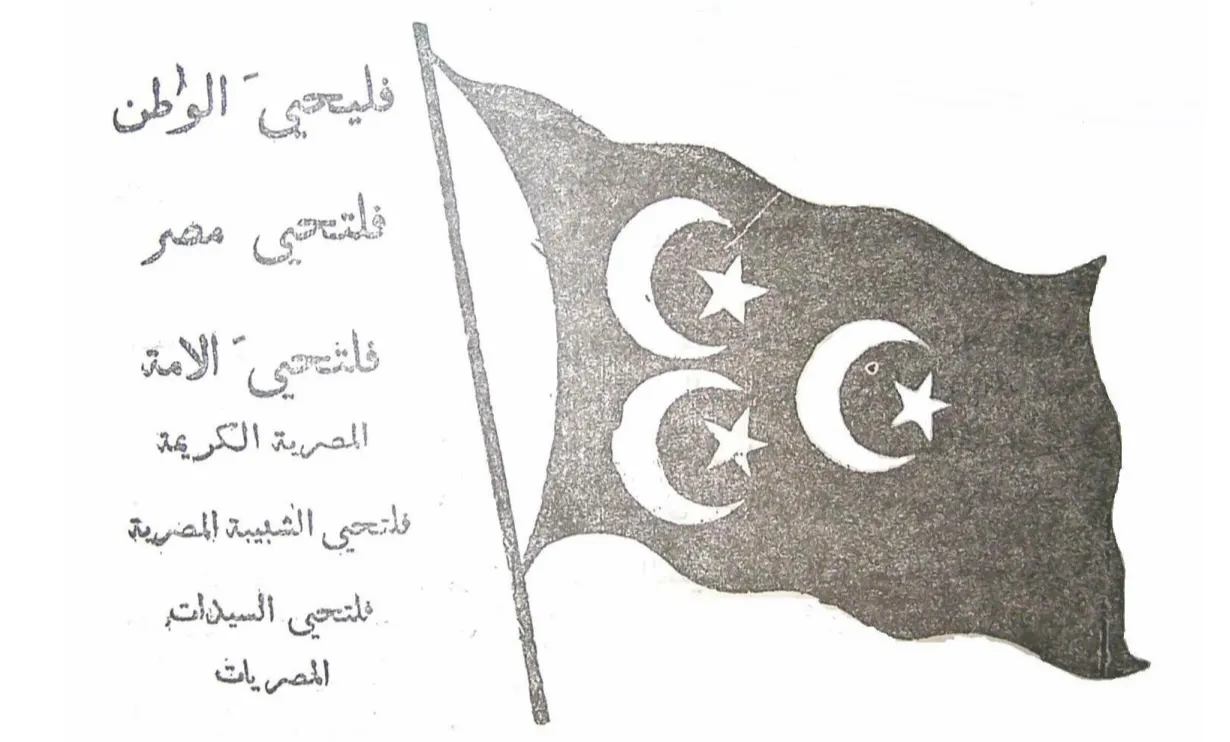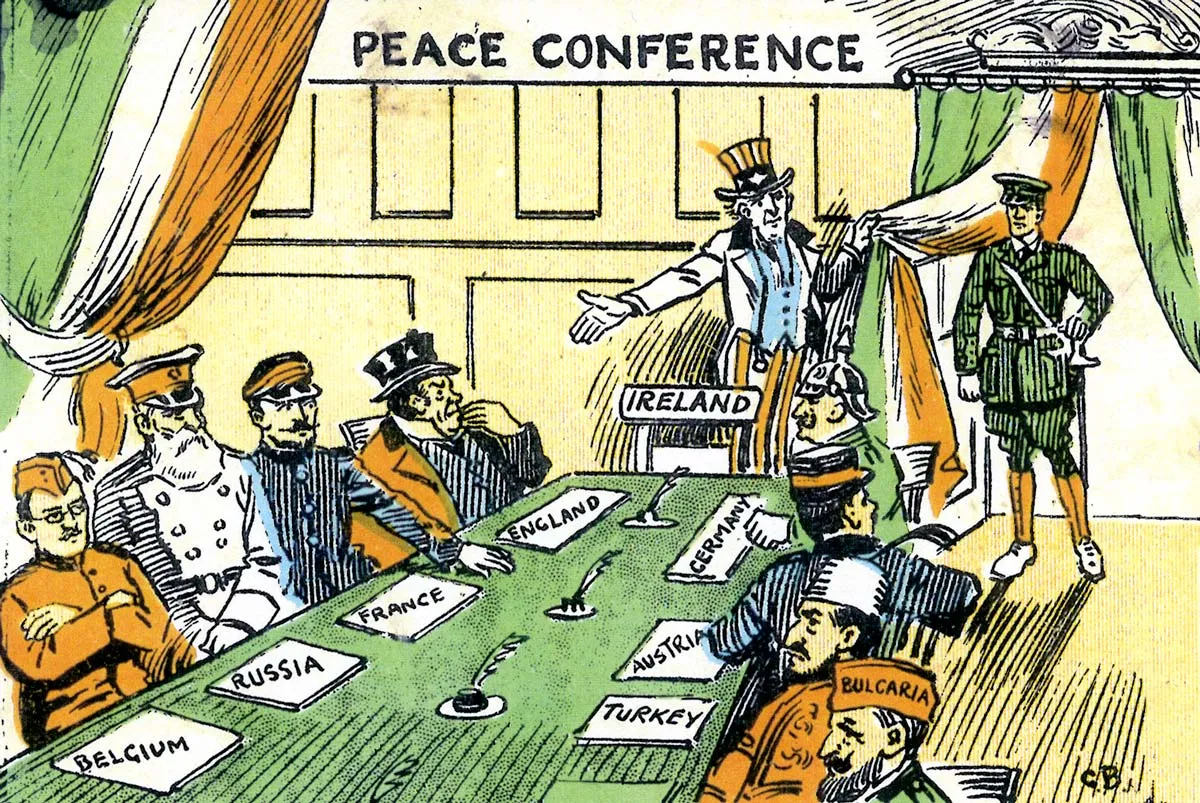“We Must Not Refuse Them”: Finding African Voices and Stories in the Transatlantic Slave System
Discussion of how to read against the grain to understand lost voices in the transatlantic slave system.

For teachers wanting to center African, Asian, Latinx, and Indigenous voices in their world history courses, it can be challenging. Textbooks often only include a few sources, and sources by White European men tend to be the most common. Even in primary source readers, it can be challenging to find non-European voices. In the first post, I mentioned Africa and the West: A Documentary History as an excellent teacher resource. In the first volume, From the Slave Trade to Conquest, 1441-1905, about fifty of the eighty-eight sources were written by White Europeans (some sources are “treaties,” so one could count those sources as either African or White European). We don’t have as many indigenous sources as we wish for many reasons. Tropical climates were less than ideal sites for preserving documents. Many White Europeans chose not to preserve indigenous records. Twentieth-century historians typically translated the easiest, which meant sources written in European languages.
Given the limitations of what’s available to teachers, we sometimes need to be creative in helping students “read” African, Asian, Latinx, and Indigenous words. One useful strategy is assisting students to learn how to read “against the grain.” We can use White European sources to find stories that once seemed hidden in the historical record. Reading against the grain is especially helpful when teaching the transatlantic slave system.

Reading Against the Grain
This content is for Paid Members
Unlock full access to Liberating Narratives and see the entire library of members-only content.
SubscribeAlready have an account? Log in



